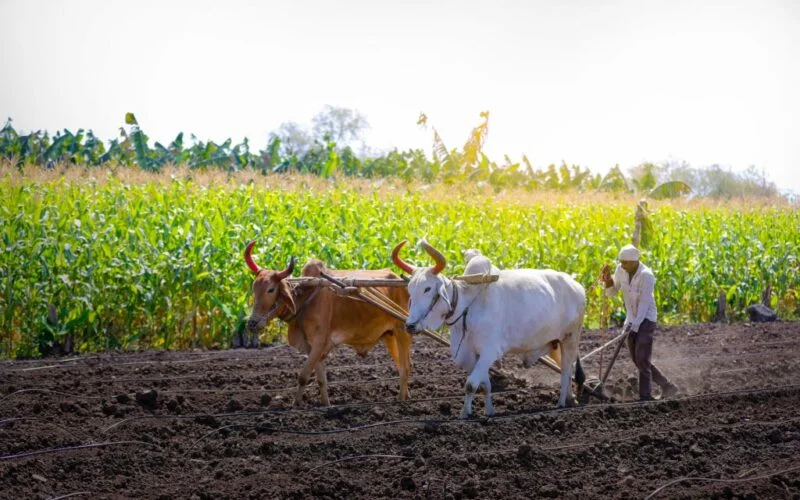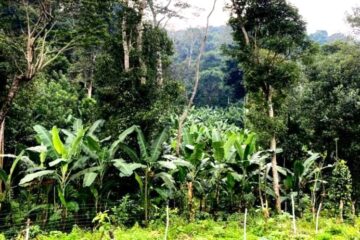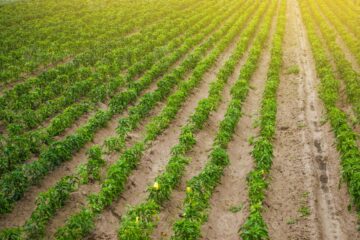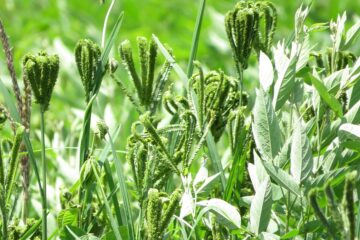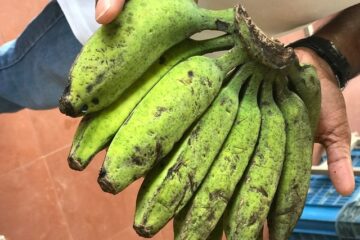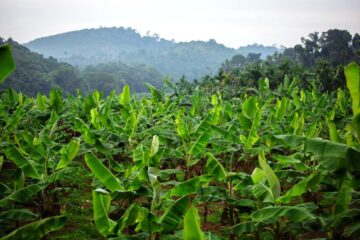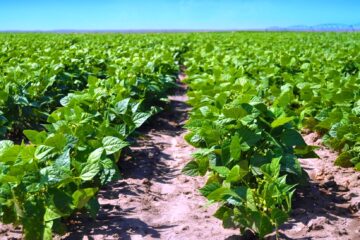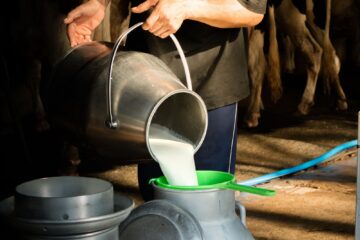Organic farming is an agricultural method that emphasizes the use of natural processes and inputs to produce crops and livestock. It aims to enhance soil fertility, promote biodiversity, and minimize the use of synthetic chemicals and genetically modified organisms (GMOs). Organic farming integrates ecological principles and practices to create sustainable agricultural systems that benefit both the environment and human health.
Key Principles of Organic Farming
- Soil Health: Organic farming places a strong emphasis on maintaining and improving soil health. Practices such as crop rotation, green manuring, composting, and reduced tillage help enhance soil structure, fertility, and biological activity. Healthy soil is essential for robust crop growth and resilience against pests and diseases.
- Biodiversity: Promoting biodiversity is a cornerstone of organic farming. By planting a variety of crops and encouraging beneficial insects and wildlife, organic farmers create ecosystems that are more balanced and less prone to pest outbreaks. Biodiversity also helps improve pollination and natural pest control.
- No Synthetic Chemicals: Organic farming prohibits the use of synthetic pesticides, herbicides, and fertilizers. Instead, natural alternatives like compost, animal manure, cover crops, and biological pest control methods are used. This reduces the risk of chemical residues in food and minimizes environmental pollution.
- Non-GMO: Organic farming does not allow the use of genetically modified organisms (GMOs). This practice aligns with the principles of maintaining natural genetic diversity and avoiding potential risks associated with GMOs.
- Animal Welfare: Organic livestock farming focuses on the welfare of animals. Animals are provided with organic feed, access to the outdoors, and living conditions that allow for natural behaviors. The use of antibiotics and growth hormones is restricted.
- Sustainable Practices: Organic farming emphasizes sustainable practices that conserve resources and reduce the environmental impact. Techniques such as rainwater harvesting, solar energy use, and minimizing fossil fuel consumption are common in organic farming operations.
Benefits of Organic Farming
- Environmental Protection: By avoiding synthetic chemicals and promoting biodiversity, organic farming reduces pollution and soil degradation. It also helps conserve water and improve soil health, leading to more sustainable ecosystems.
- Healthier Food: Organic food is often perceived as healthier due to the absence of chemical residues and GMOs. Organic farming also tends to produce food with higher nutrient content, including vitamins, minerals, and antioxidants.
- Improved Soil Fertility: Organic farming practices enhance soil structure and fertility, increasing its ability to retain water and nutrients. This leads to more productive and resilient agricultural systems.
- Enhanced Biodiversity: Organic farms support a wide range of plant and animal species, contributing to greater biodiversity. This helps create balanced ecosystems and enhances natural pest and disease control.
- Sustainable Livelihoods: Organic farming can provide sustainable livelihoods for farmers by reducing input costs and increasing market opportunities. Consumers are often willing to pay a premium for organic products, providing economic incentives for farmers.
Challenges of Organic Farming
- Labor Intensive: Organic farming can be more labor-intensive than conventional farming due to the need for manual weeding, compost management, and other practices that require human intervention.
- Lower Yields: In some cases, organic farming may result in lower yields compared to conventional farming, especially during the initial transition period. This can be a challenge for meeting global food demand.
- Certification Costs: Obtaining organic certification can be costly and time-consuming for farmers. The certification process requires adherence to strict guidelines and regular inspections, which can be a barrier for small-scale farmers.
- Market Access: While the demand for organic products is growing, market access can still be a challenge in certain regions. Farmers need to establish connections with buyers and navigate the complexities of organic supply chains.
Conclusion
Organic farming is a holistic approach to agriculture that prioritizes environmental sustainability, soil health, and animal welfare. By avoiding synthetic chemicals and promoting natural processes, organic farming offers numerous benefits for the environment, human health, and the economy. However, it also presents challenges that need to be addressed to ensure its viability and scalability. As consumers become more conscious of the impact of their food choices, the demand for organic products is likely to continue growing, encouraging more farmers to adopt organic practices.
Pasumai

